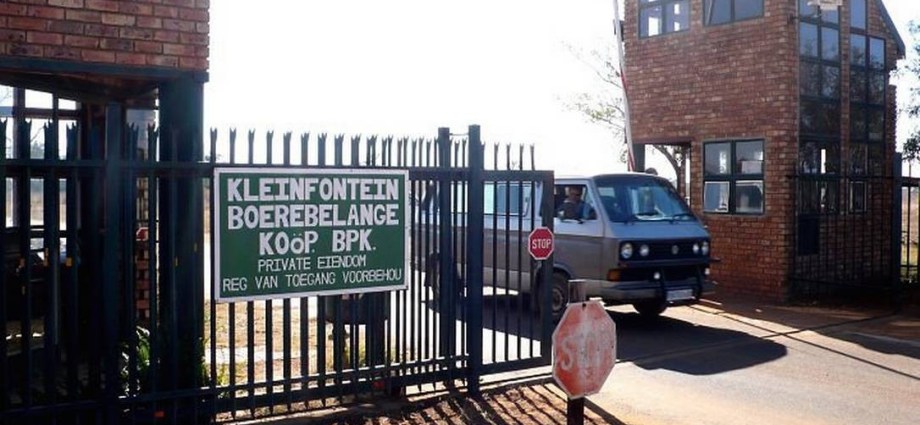Kleinfontein: The Legal Battle Over Afrikaner Self-Determination in South Africa
South Africa’s complex history continues to shape its present, as demonstrated by the ongoing legal saga surrounding Kleinfontein – an exclusively Afrikaner settlement near Pretoria. What appears as a simple property dispute reveals deeper questions about identity, constitutional rights, and the limits of self-determination in post-apartheid South Africa.
The Kleinfontein Controversy: More Than Just a Property Dispute
The High Court case between Kleinfontein Aandeleblok (Edms) Bpk and its residents involves allegations of illegal construction and financial mismanagement. However, the implications extend far beyond contractual disagreements, touching on fundamental constitutional principles and South Africa’s ongoing reconciliation process.
A Settlement Born From Apartheid’s Twilight
Founded in 1992 as apartheid crumbled, Kleinfontein – sometimes called “Orania lite” after the Northern Cape’s Afrikaner enclave – was envisioned as a cultural refuge. Its creators bypassed standard planning regulations, establishing their own governance system under the banner of self-determination.
For years, this private community operated outside normal legal frameworks, creating what residents saw as a haven for Afrikaner culture. However, this arrangement would eventually collide with South Africa’s constitutional order.
The 2022 Court Ruling: Self-Determination vs. National Law
Acting Judge Adrian Vorster’s 2022 judgment made clear that cultural rights don’t override national legislation. The ruling detailed how Kleinfontein violated multiple laws, including:
- The Spatial Planning and Land Use Management Act (SPLUMA)
- Environmental protection statutes
- Municipal by-laws
- National Building Regulations
The decision struck at the heart of Kleinfontein’s philosophy, affirming that no community can create parallel legal systems within South Africa’s constitutional democracy.
Section 235: Constitutional Promise vs. Reality
Kleinfontein’s defense leaned heavily on Section 235 of South Africa’s Constitution, which recognizes cultural self-determination. However, as the court noted, this provision remains unimplemented by national legislation – a constitutional gap that communities like Kleinfontein have attempted to fill through extra-legal means.
Internal Divisions and Legal Consequences
The case also revealed deep fractures within Kleinfontein itself. A faction of residents, organized as the Kleinfontein Inwonersvereniging (KIV), challenged the settlement’s leadership over:
- Alleged financial mismanagement
- Exclusionary membership practices
- Unlawful development projects
This internal conflict demonstrates how separatist communities often struggle to maintain cohesion when faced with practical legal and financial realities.
Broader Implications for South Africa
The Kleinfontein case raises critical questions about:
- Balancing minority rights with national unity
- The state’s role in preserving cultural diversity
- The limits of community autonomy in a constitutional democracy
As South Africa continues its post-apartheid transformation, cases like this test the resilience of its legal framework and the practicality of its constitutional promises.
Conclusion: Law Over Ideology
While the Kleinfontein case acknowledges the legitimate desire for cultural preservation, it firmly establishes that such aspirations must operate within South Africa’s legal framework. The judgment serves as a reminder that in a constitutional democracy, no community exists beyond the reach of national law.
What do you think? Should culturally exclusive communities like Kleinfontein and Orania have a place in democratic South Africa? Share your thoughts in the comments.
This article summarizes an original report from The South African. For complete details and context, please refer to the original source.


